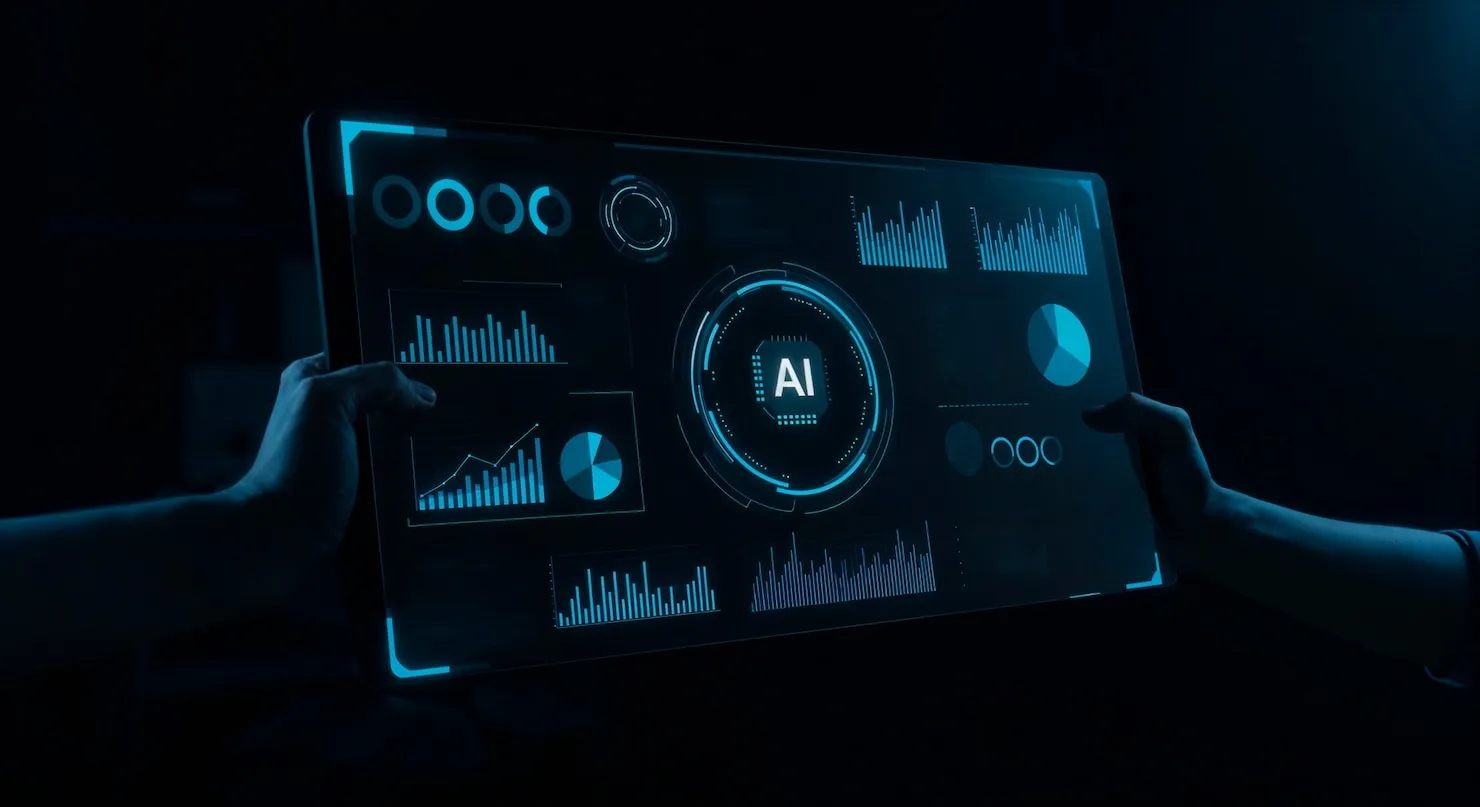AI technology has already become part of everyday life; whether that means browsing Amazon recommendations, using chatbots for quick and accurate responses or apps that tailor music selection based on our tastes.
AI-powered digital marketing automates many repetitive tasks, freeing marketers up to focus on more strategic projects while increasing productivity and decreasing human error.
Personalized Customer Experiences
Integrating AI technology into digital marketing strategies can be transformative for marketers. AI can help personalize content delivery, increase customer engagement rates and enhance ROI – but it is crucial for businesses to use these tools appropriately.
Implementing AI technology means using it to automate routine tasks, create new marketing assets and analyze existing ones. Furthermore, it’s vital that any data used for AI doesn’t contain racial, gender or socioeconomic bias – and that AI systems are regularly audited for any signs of it.
AI can assist your customer service efforts by analyzing large volumes of consumer data to spot patterns, predict needs and suggest products or services to meet those demands. Furthermore, AI can respond directly to consumer enquiries or direct them towards the relevant department for resolution.
As a result, AI can reduce time and cost by automating repetitive tasks, such as data entry or email sorting, as well as creating content to be utilized across social media posts, landing pages, email newsletters, product descriptions and video ads. AI also assists in the generation and optimization of various forms of marketing assets like social media posts, landing pages email newsletters product descriptions video ads that help generate and optimize online marketing assets such as video ads for optimal performance and reduce wasted ad spend while increasing campaign effectiveness; saving both time and cost!
Real-Time Advertising
Marketers can utilize AI to deliver real-time, tailored ads. For instance, an online retailer could utilize this tech to detect when the temperature drops dramatically and prioritize winter products on its website – increasing customer engagement, conversion rates and brand loyalty simultaneously.
AI can automate and streamline marketing processes, freeing marketers up for strategic planning. AI can assist with tasks like data input, sorting leads from digital campaigns and responding to consumer queries; optimizing delivery channels, times and formats using user data analysis for improved ad performance is another advantage of using AI in marketing.
Artificial intelligence can assist your business by automating scheduling of ads across social media platforms to optimize their impact and drive more qualified and engaged traffic to your site.
AI can only do as much good as the data that feeds into it, so if your marketing data is incomplete or out-of-date it won’t accomplish much beyond providing confident nonsense for you to crow about. Therefore, it’s crucial that your company develops a plan outlining how AI will help streamline processes, produce superior results and increase ROI – this way leveraging it beyond following AI trends into realizing tangible business value.
Rapid Response Capabilities
Brands must be prepared to respond quickly when their reputation is threatened, and AI can assist marketers by quickly detecting trends and issues before developing response strategies to minimize damage.
Marketers wear many hats, and AI can help streamline the process by automating tasks. But improper implementation could add more work and complexity to marketing teams’ daily workflow. To prevent this from happening, marketing teams should identify areas in which AI could provide significant assistance.
This includes hyper-personalization, real-time optimization, predictive analytics and crisis management; additionally it enables augmented and virtual reality experiences for customer enrichment.
AI can enhance advertising campaign performance by optimizing bidding strategies, minimizing wasted ad spend, and targeting high-converting audiences. AI also works to optimize content across various platforms – including social media.
Artificial intelligence can give instant insights into user behavior by quickly analyzing data and preferences to deliver personalized content in real time, especially useful for emails and chatbots. However, this level of personalization must be balanced with transparency and privacy compliance to build trust with customers and build long-term relationships through providing relevant content and product recommendations. Brands who prioritize ethical AI practices will gain a competitive edge by offering customers relevant content recommendations at all times.
AI-Powered Crisis Management
Artificial intelligence can aid crisis management at every step, from planning and preparation through response and recovery. AI provides in-depth analytics, personalized recommendations and what-if scenarios to assist leaders in making sound decisions based on available data. Furthermore, it automates repetitive decision making processes like resource allocation and team coordination tasks.
AI in marketing can improve efficiency, reduce costs, and maximize returns. AI can be utilized to automate tedious repetitive tasks like data entry or report generation – saving marketers both time and effort in doing so. AI also enables personalized content creation at scale by analyzing customer data for targeted messages or offers; additionally it can identify customers at risk of churning so a campaign may be put in place to keep them engaged with your brand.
Many popular marketing tools and platforms now use artificial intelligence, including email service providers like MailChimp and Google Ads; social media management tools such as Claude or Jasper; and design platforms like Canva. Digital marketers must familiarize themselves with any AI tools they are using in order to maximize their potential benefits; this may require researching blogs or videos in depth or taking an AI course – or make AI upskilling part of an organizational initiative so all members of the business can take advantage of its advantages.







